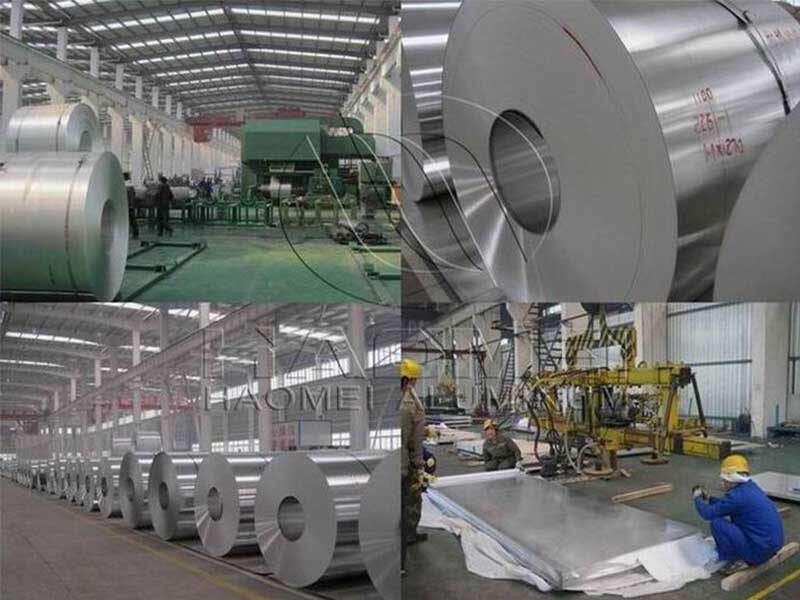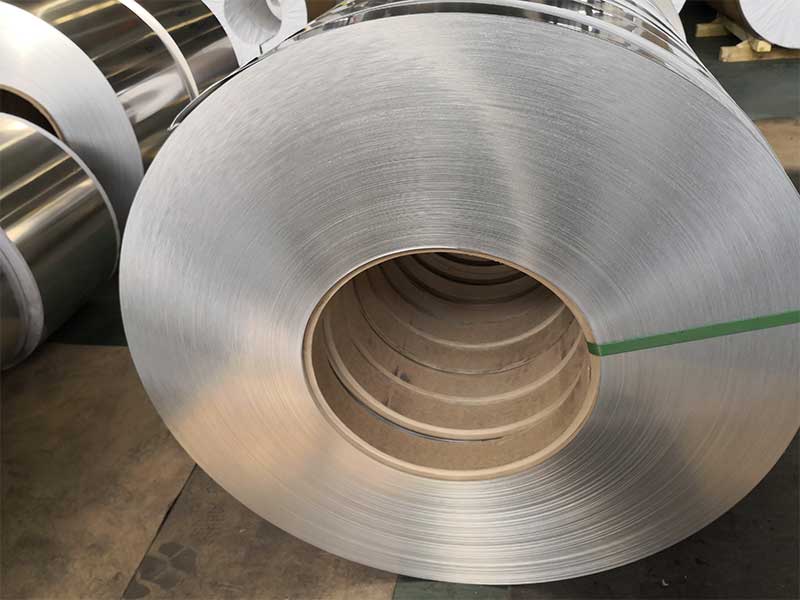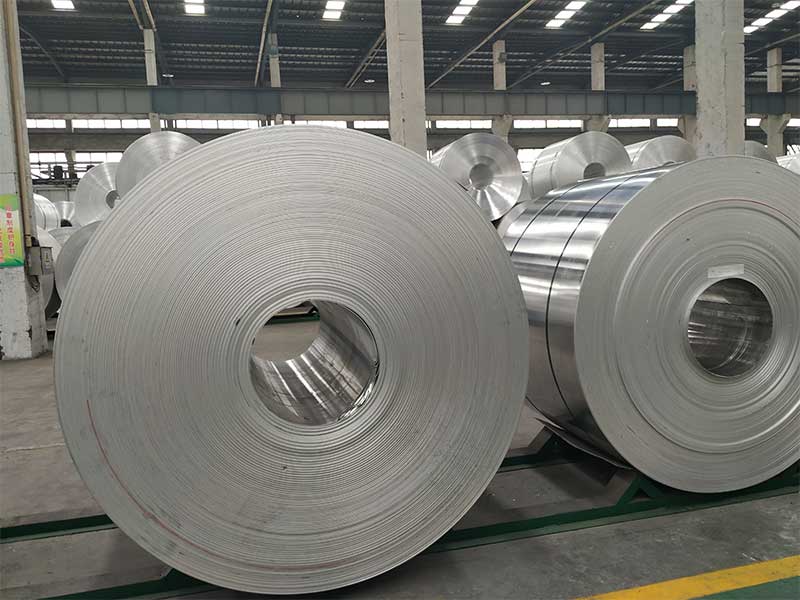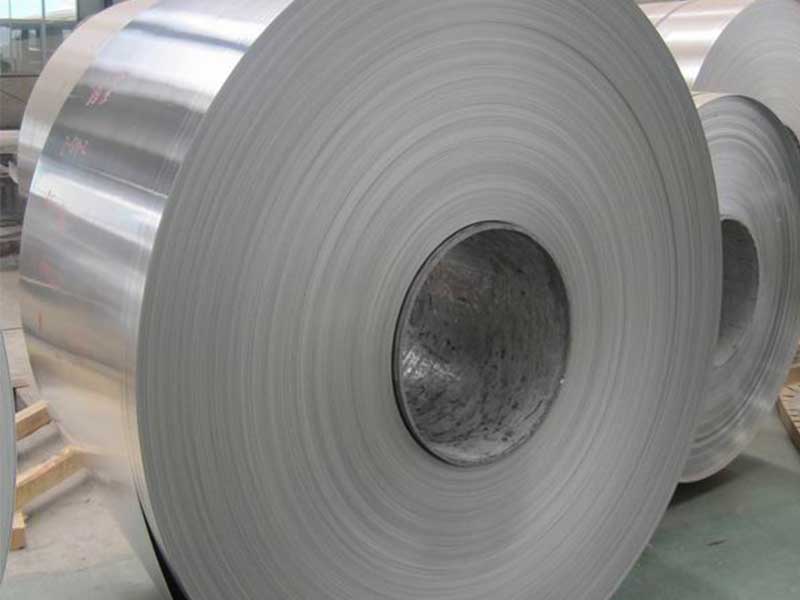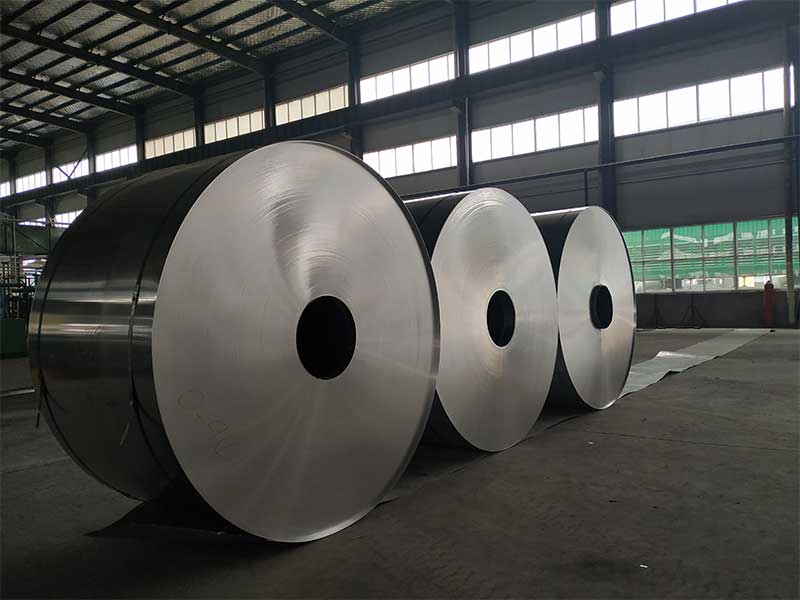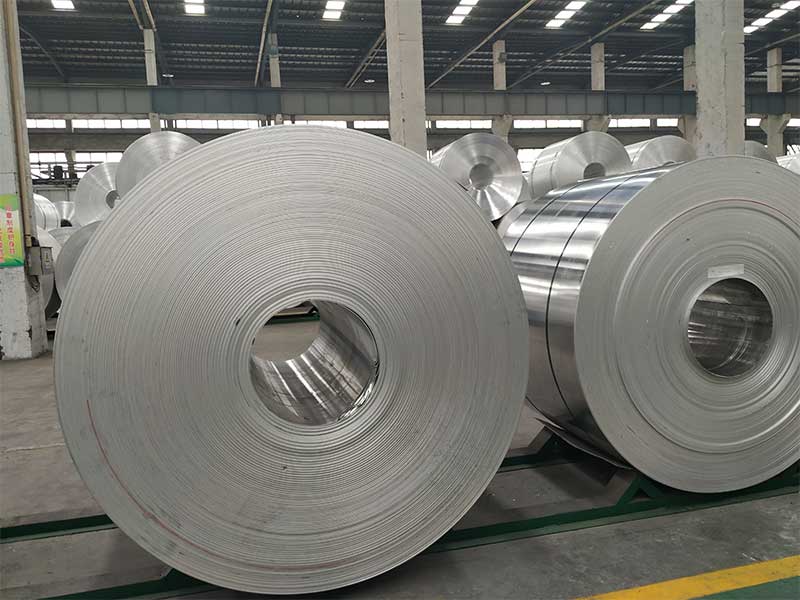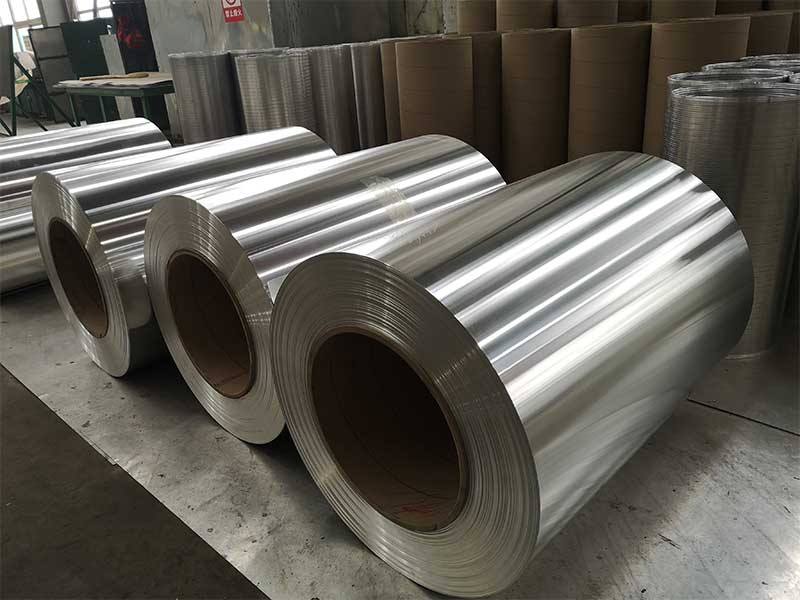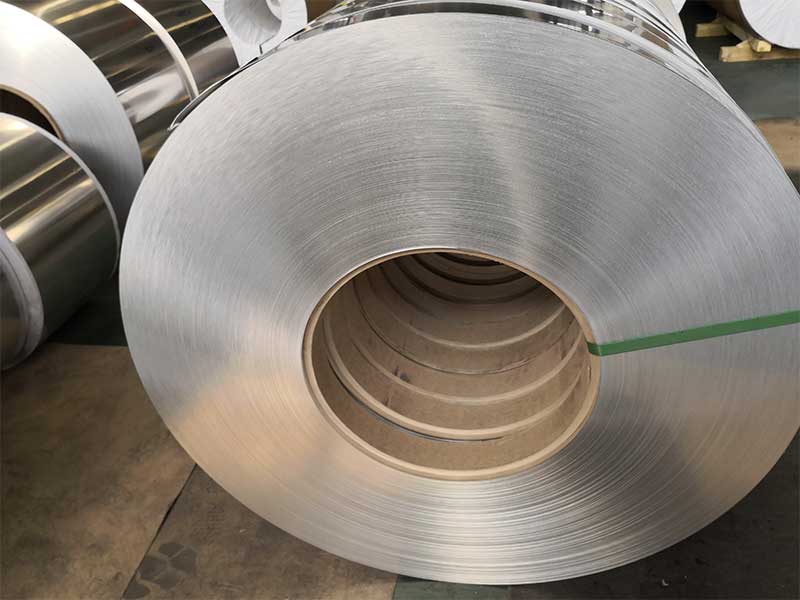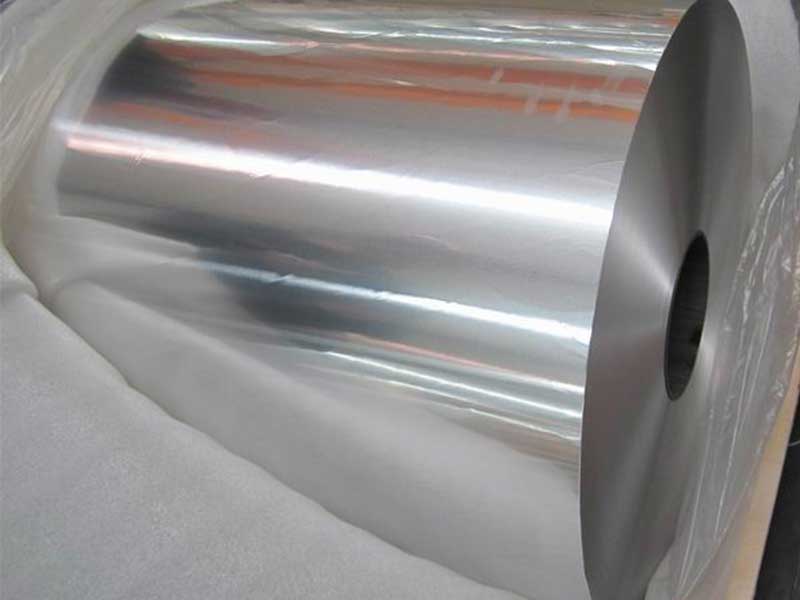2024-09-13 https://www.aluminum-coils.com/a/3003-aluminum-coils.html
Exploring the Features and Applications of 3003 Aluminum Coils
When it comes to versatile materials in modern manufacturing, 3003 aluminum coils stand out due to their remarkable properties and broad applications. Defined by their strength, formability, and resistance to corrosion, these coils are a go-to choice for countless projects across a spectrum of industries.
Features of 3003 Aluminum Coils
1. Excellent Formability and Workability:
One of the primary advantages of 3003 aluminum coils is their outstanding formability. This alloy contains manganese, which enhances its strength while making it easily workable. Manufacturers can bend, shape, and cut the coils without compromising their integrity, making it an ideal choice for a wide range of fabrication processes.
2. Good Corrosion Resistance:
Nature can be brutal on materials, but the intrinsic properties of 3003 aluminum ensure notable corrosion resistance. This feature is especially advantageous for applications where the material is exposed to harsh environments or chemicals. The effective resistance help to prolong the lifespan of finished products, contributing to a lower total cost of ownership.
3. Lightweight Yet Strong:
Aluminum is known for its lightweight nature, and 3003 coils are no exception. The low density combined with excellent strength-to-weight ratio makes this alloy suitable for industries that require robust yet lightweight solutions.
4. Enhanced Aesthetics:
Another noteworthy feature is the ability to take on various finishes. 3003 aluminum coils can be easily painted or anodized, offering diverse aesthetic choices for designers and architects looking to enhance visual appeal.
Applications of 3003 Aluminum Coils
The unique characteristics of 3003 aluminum coils lend themselves to myriad applications across different sectors, including:
1. Food and Beverage Industry:
3003 aluminum coils are heavily utilized for manufacturing storage tanks, cooking utensils, and packaging materials in the food and beverage sector. Their non-reactive nature and ease of cleaning make them a sanitary choice where hygiene is paramount.
2. Construction and Building Components:
Within the construction industry, 3003 aluminum is used in fabricating roofing sheets, siding materials, and architectural elements. Overlay panels, for instance, benefit from the lightweight and durable characteristics, enhancing energy efficiency while maintaining aesthetic integrity.
3. Automotive Applications:
Car manufacturers value the use of 3003 aluminum coils due to their lightweight profile which supports fuel efficiency. This alloy is commonly found in interior and some exterior components.
4. Heat Exchangers:
The thermal conductivity combined with corrosion resistance allows 3003 aluminum coils to be utilized for making heat exchangers and HVAC systems. High-performance heat management applications use these coils to facilitate efficient thermal transfer.

